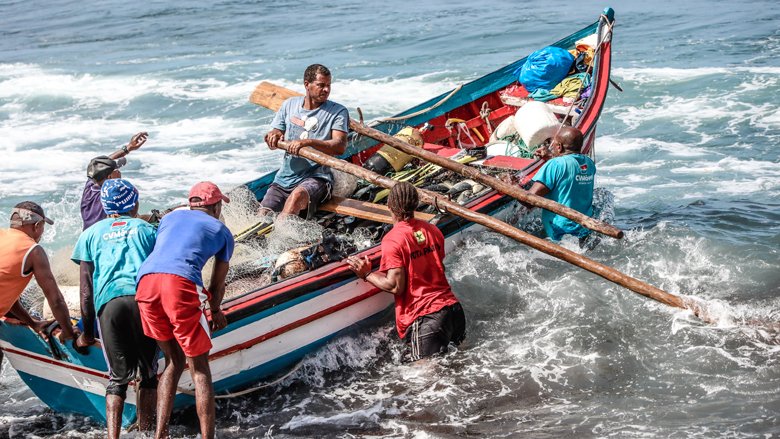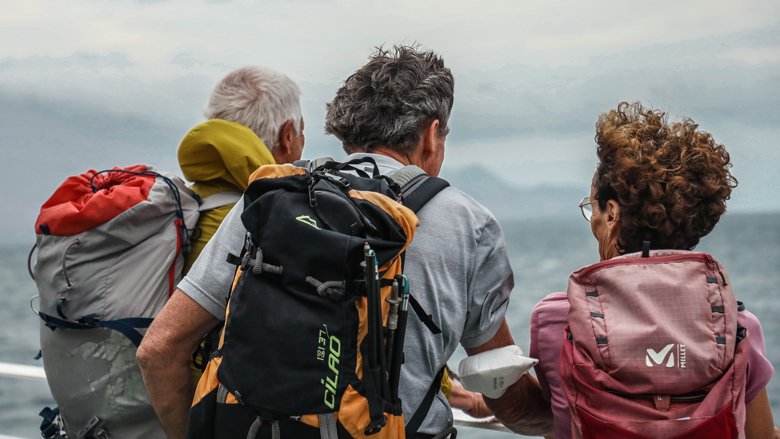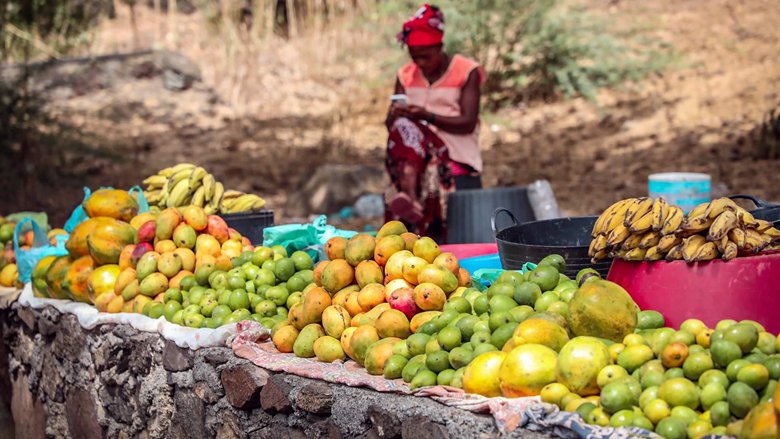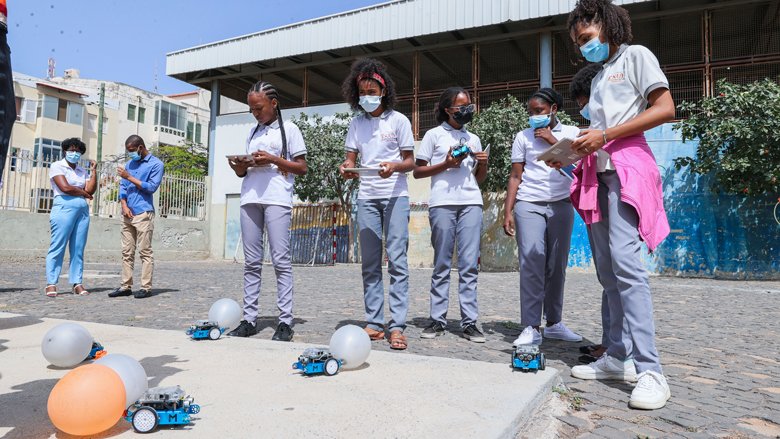The COVID-19 crisis generated the largest economic contraction ever recorded in Cabo Verde - 14.8% in 2020, the second largest in Sub-Saharan Africa - and exposed the country's economic vulnerabilities. However, Cabo Verde is showing signs that it is recovering, albeit gradually. According to the second Cabo Verde Economic Update, real GDP grew by 7 % in 2021.
This recovery, during the second half of 2021, is due to an efficient vaccination campaign, which secured the country with the fourth best vaccination rate in Sub-Saharan Africa, with 108.85 doses per 100 people. Poverty has reduced slightly, both at urban centers and rural areas. In rural areas, with the resumption of growth in agriculture and fishing, poverty has reduced by 3 percentage points, from 45 % in 2020. Urban poverty also declined by 2 percentage points to 28 % in 2021, an indicator that reflects the recovery in services (particularly trade), transportation, and public services.
However, the report highlights that, due to the COVID-19 crisis, public debt, which had been on a downward trajectory since 2017, increased sharply to 155.3 % of GDP in 2021. The country resorted to new concessional external borrowing and the issuance of Treasury bonds to cover fiscal financing needs, causing hard-won gains in reducing public debt to be nullified. To achieve sustainable debt dynamics, it is essential to implement prudent borrowing policies and strengthen debt management, as well as measures to improve the functioning of the public securities market.
Against this backdrop, the revival of the tourism sector, driven by one of the highest vaccination rates in Africa, predicted that a strong post-COVID-19 economic recovery could take place by 2022. However, growth forecasts in the short term have been reduced and real GDP growth is projected at 4 % in 2022, constrained by the adverse inflationary repercussions of the war in Ukraine. While GDP is expected to rise gradually from 2022 onward, it should be noted that this outlook is dependent on downside risks stemming from further variants of COVID-19, the unfolding war situation in Ukraine and climate change shocks.



